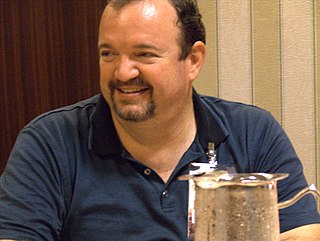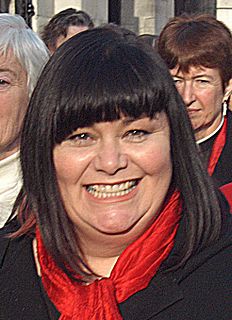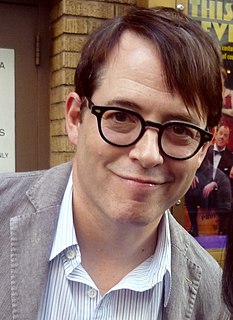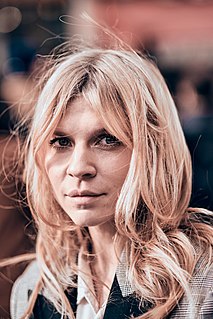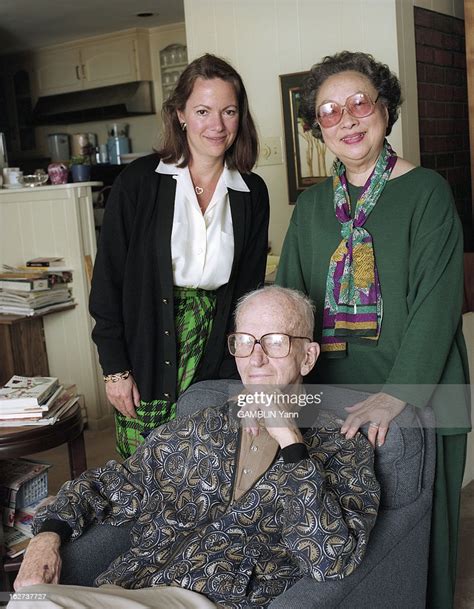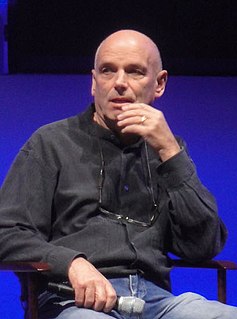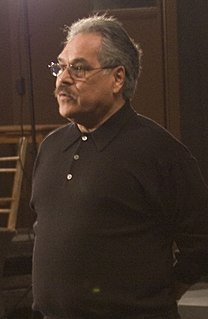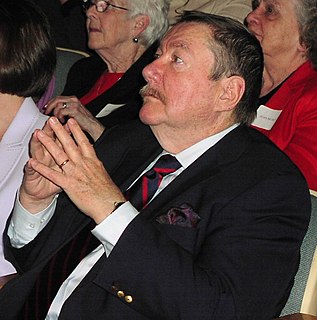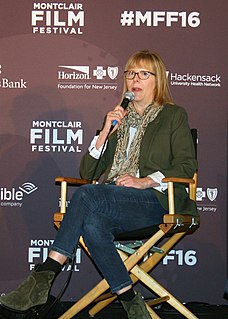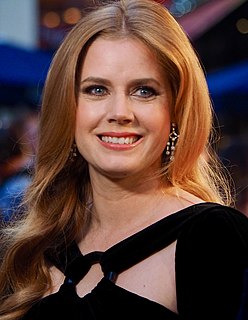A Quote by Tracy Hickman
There is a scene in one comic from the '60s-'70s where Batman finds a film, a newsreel film, of his father. This newsreel film is from the '50s, and his father has come to this costume ball in a Zorro costume, which strangely enough looks a lot like a Batman suit in the footage.
Related Quotes
The film's title star, Christian Bale, told me in June that he'd signed a multi-picture contract. When I caught up with Batman Begins ... All I can tell you is, we're talking. There was quite an air of secrecy around the development of 'Batman Begins,' and there will be even more around the development of another film, if they move forward.
With Batman&Robin, the fourth entry in the recent Batman movie series, the profitable franchise appears poised to take a nosedive. This film, which places yet another actor in the batsuit, has all the necessary hallmarks of a sorry sequel - pointless, plodding plotting; asinine action; clueless, comatose characterization; and dumb dialogue. Batman&Robin moves at a dizzying pace, yet goes absolutely nowhere.
A lot of people don't realize the roots of Batman are really Latino. They don't go back to the bat god, the ones the Mayans had - they had one that was a "bat man," they had sculptures of him, literally they had bats down there - but the other, more relatively recent inspiration for Batman was Zorro. But Zorro was based on the California bandits. Joaquin Murrieta and Tiburico Vásquez.
When the father dies, he writes, the son becomes his own father and his own son. He looks at is son and sees himself in the face of the boy. He imagines what the boy sees when he looks at him and finds himself becoming his own father. Inexplicably, he is moved by this. It is not just the sight of the boy that moves him, not even the thought of standing inside his father, but what he sees in the boy of his own vanished past. It is a nostalgia for his own life that he feels, perhaps, a memory of his own boyhood as a son to his father.
When I was growing up in the '50s, I had never heard of a "woman film director," so I did not consider it as an option. But I was fortunate that in the late-'60s and '70s, because of the feminist movement, women were stepping into all sorts of careers that had been closed to them in the past and film was one of them.
